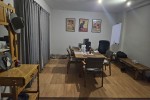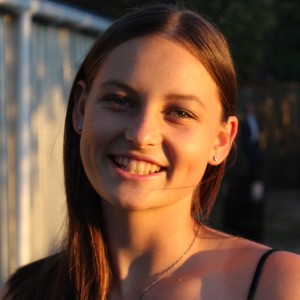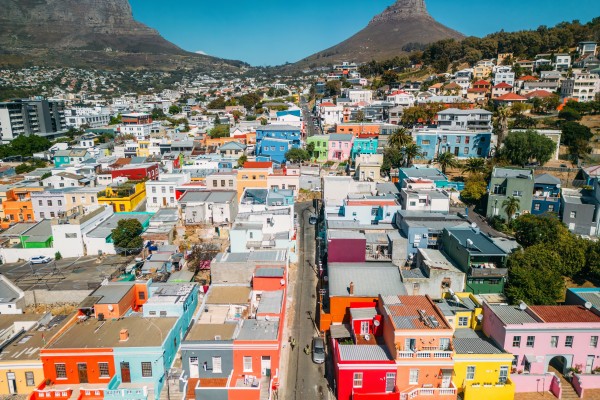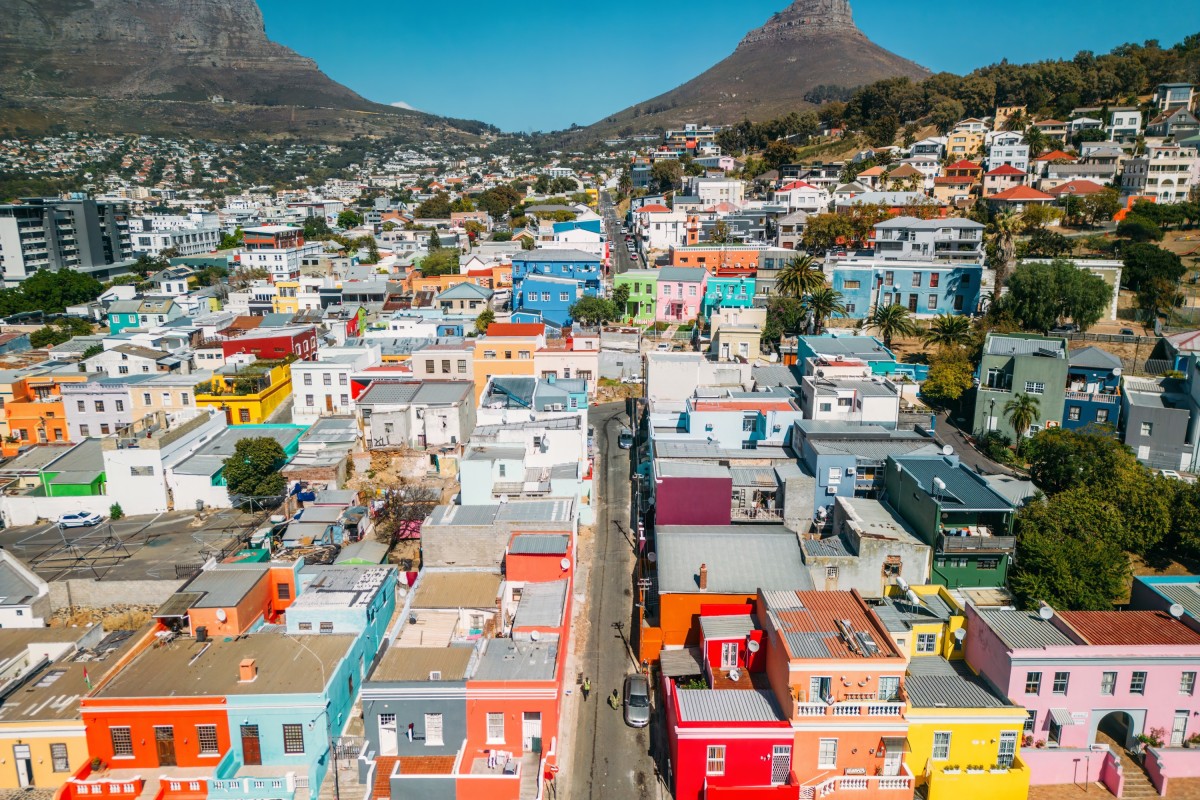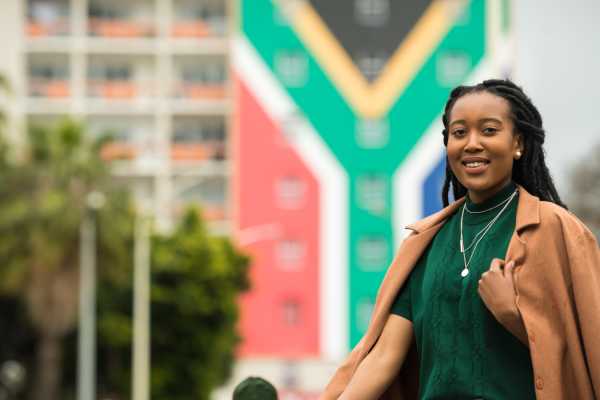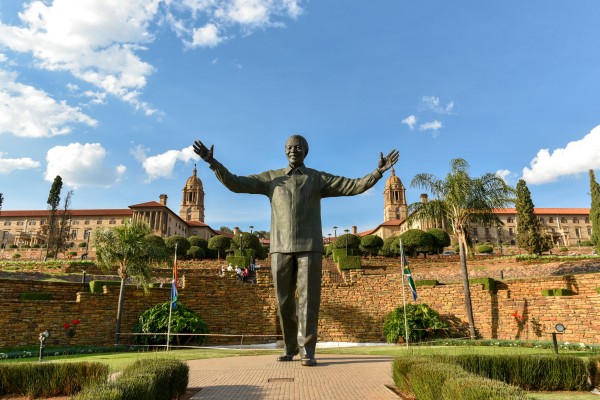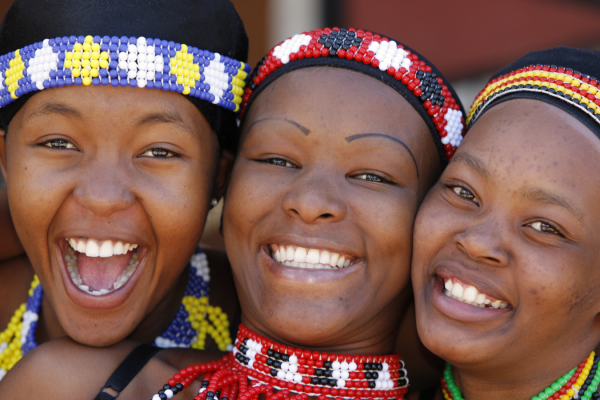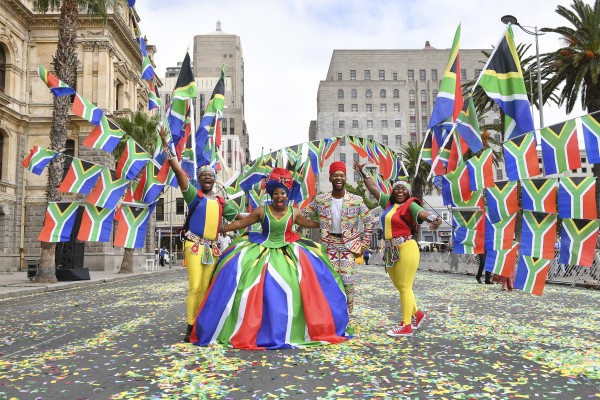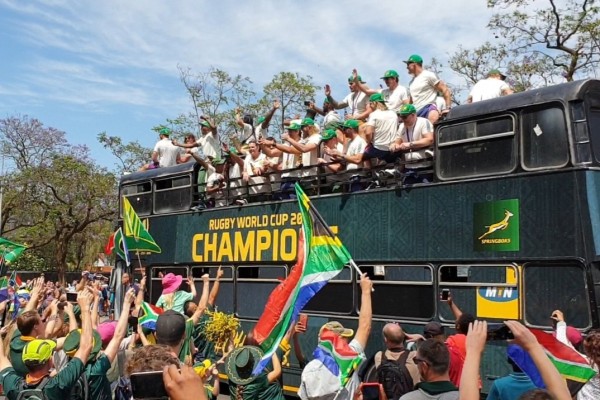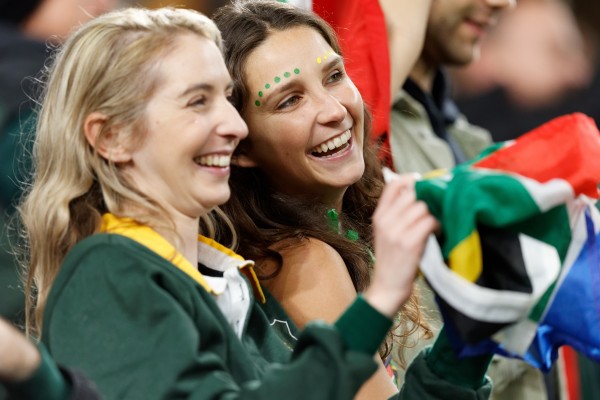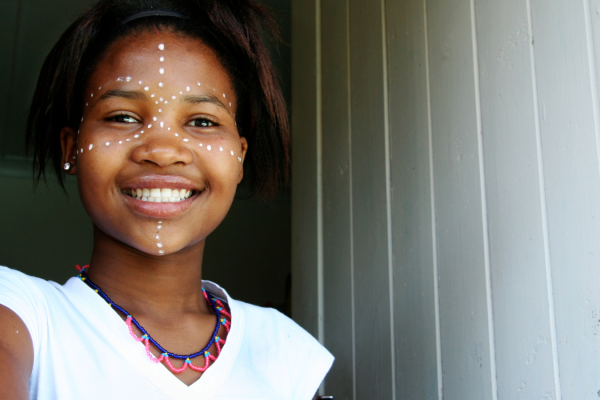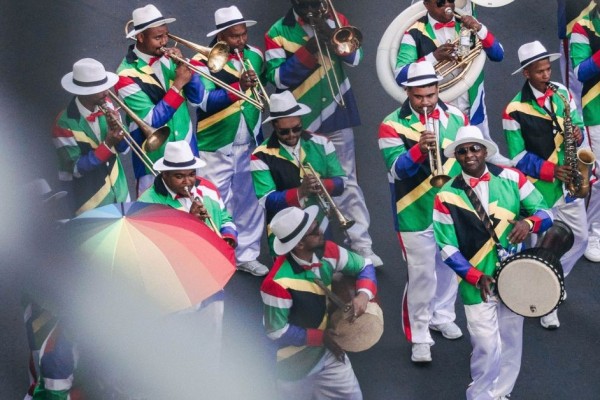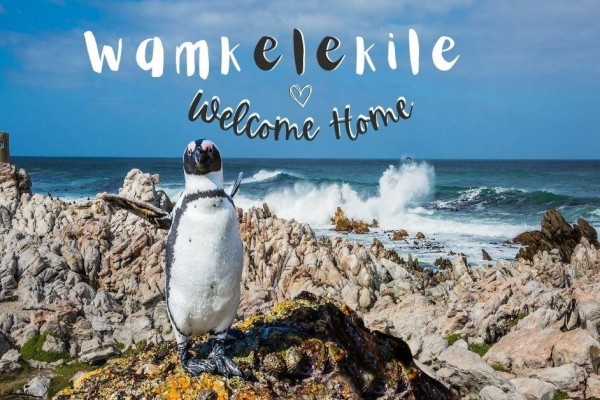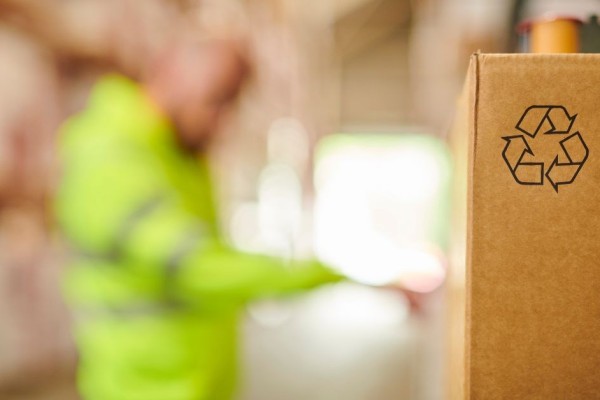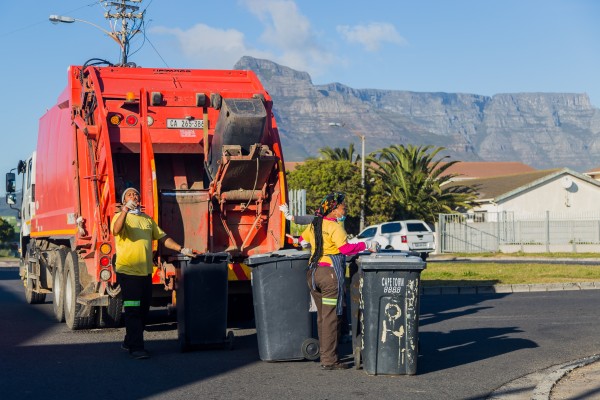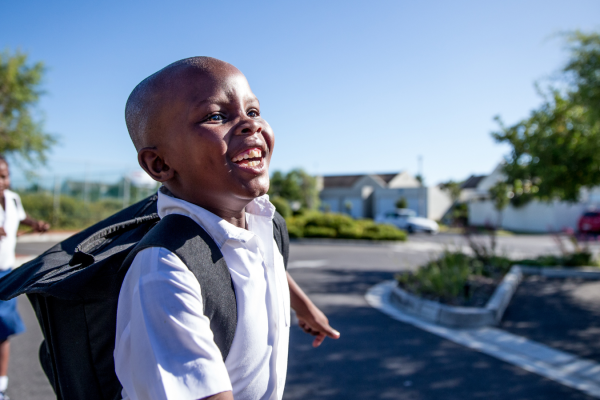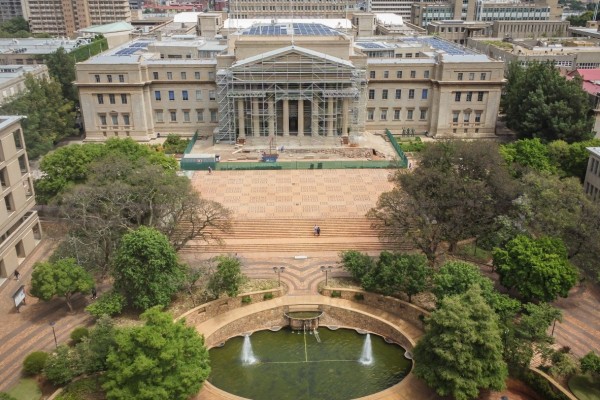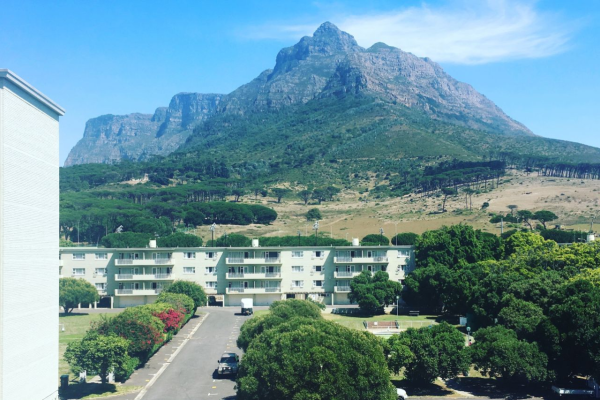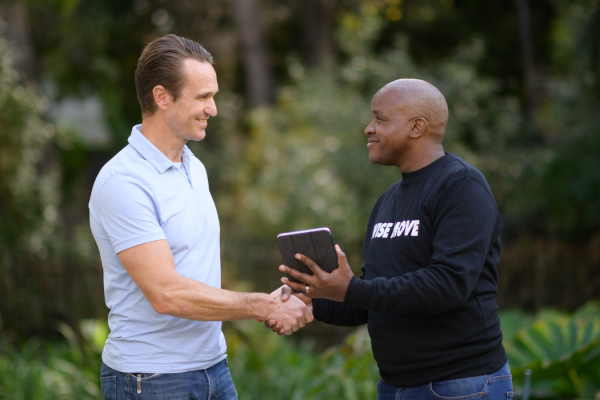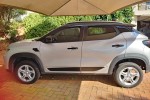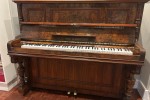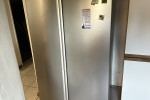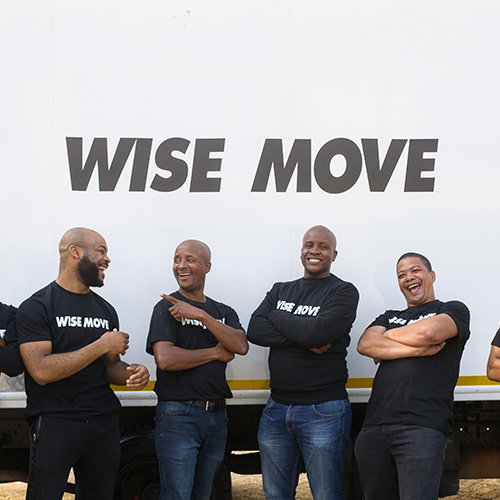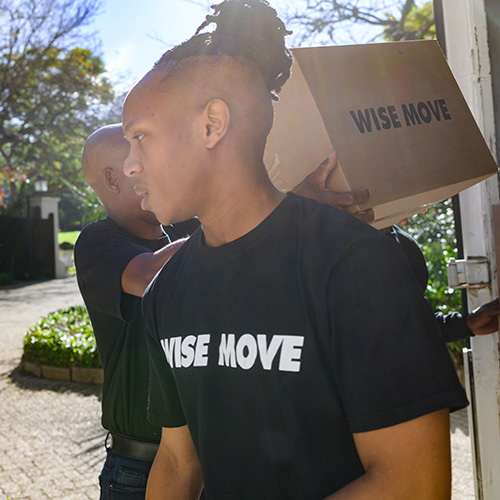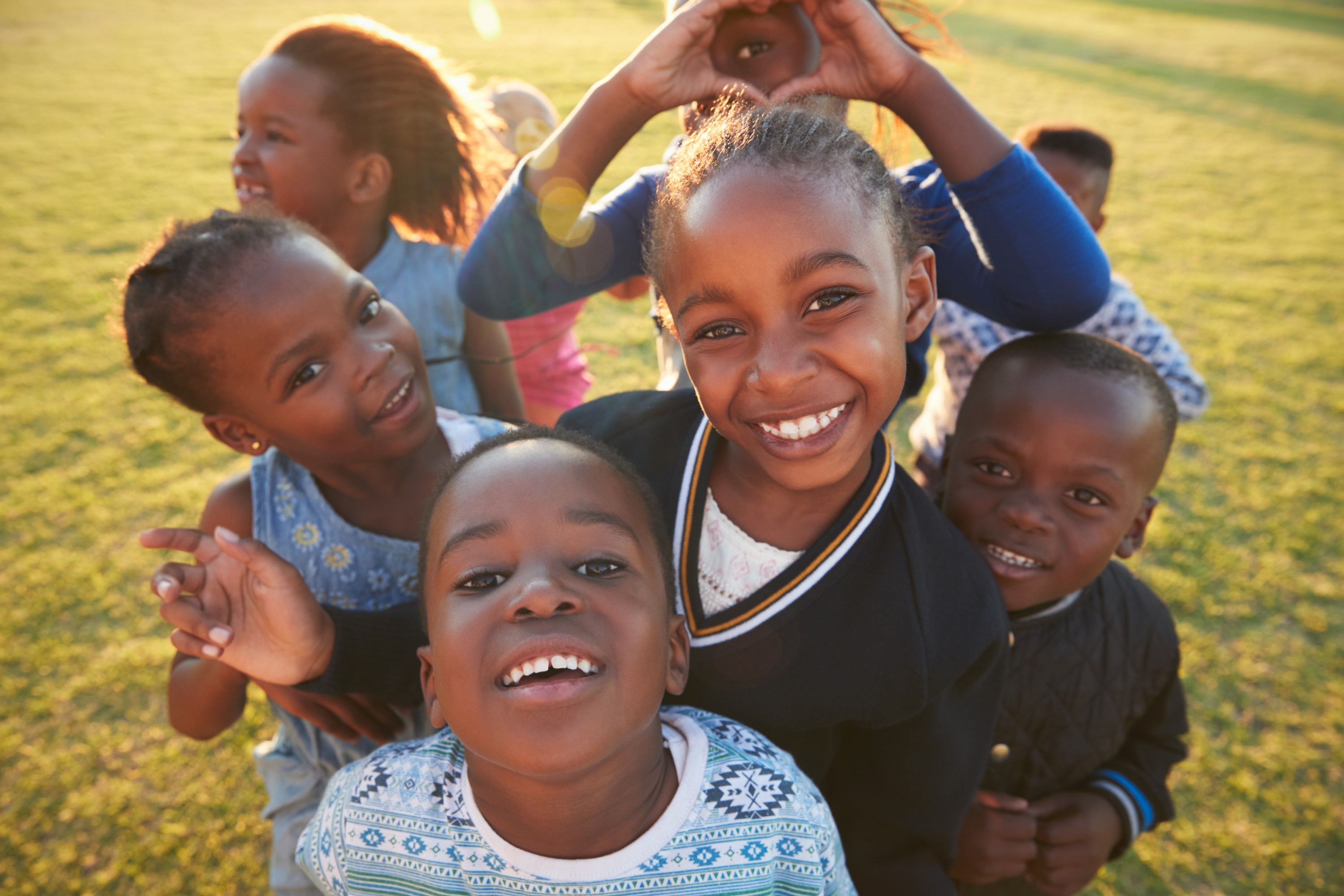
Can you name all of South Africa’s official languages? Well, with 12 official languages under its belt, it can be a challenge for many.
As the country with the 3rd most official languages, South Africa is incredibly proud of its diverse cultural landscape, celebrating each string in its linguistic tapestry. Each of its 12 official languages and their respective dialects contribute to the rich mosaic of the Rainbow Nation. No matter the number of speakers of each language, they each serve a distinct community and promote the inclusivity of each and every South African.
Here is our quick guide to all of South Africa’s 12 official languages with everything you need to know to gain a basic overview of South Africa’s linguistic landscape, including the number of speakers, regions spoken and cultural significance.
Introduction to South Africa’s Languages
South Africa has about 34 historically established languages — 30 are living languages, and 4 extinct Khoesan languages.
For centuries South Africa’s official languages were European — Dutch, English, Afrikaans. African languages, spoken by at least 80% of the people, were ignored. In 1996 South Africa’s new constitution gave official protection to all of the country’s major languages.
South Africa’s nine African official languages all fall into the Southern Bantu-Makua subfamily, part of the broad and branching Niger-Congo family of languages. The languages arrived here during the great expansion of Bantu-speaking people from West Africa eastwards and southwards into the rest of the continent. The expansion began in around 3000 BCE and was largely complete by 1000 CE.
The nine African languages can be broadly divided into two:
-
Nguni-Tsonga languages: isiNdebele, isiXhosa, isiZulu, siSwati, Xitsonga
-
Sotho-Makua-Venda languages: Sesotho, Sesotho sa Leboa, Setswana, Tshivenda
South Africa joined a host of countries in recognising its sign language, South African Sign Language (SASL), as an official language, further embracing inclusivity and recognising the deaf community in South Africa.
Each of the official languages is taught in schools to help ensure the continuation of each language to the next generation. English and Afrikaans are available throughout the country while African languages are taught in each of their specific regions.
1. IsiZulu
Total number of speakers: 27 300 000
With over 10 million speakers, almost a quarter of the population, isiZulu is the most widely spoken indigenous language in South Africa. Originating from the Nguni language family, isiZulu is the language most spoken in Kwazulu-Natal.
Because of its extensive reach, this language carries a deep cultural significance, serving as a bridge between communities. isiZulu, with its melodic tonality, is celebrated for its vibrant expressions and plays a crucial role in South African literature and media.
2. IsiXhosa
Total number of speakers: 19 154 258
Hailing from the Nguni group of Bantu languages, isiXhosa is spoken by the Xhosa people, a significant ethnic group in South Africa found mostly in the Eastern Cape and Western Cape. Interestingly, the word Xhosa is from the Khoisan language and means “The angry men”. IsiXhosa is famous for its distinct click sounds — the dental (written as ‘c’), lateral (written as ‘x’) and alveolar clicks (written as ‘q’).
Interestingly, because of their similarities, isiZulu and isiXhosa can be considered dialects of the same language, however, they are seen and recognised as entirely separate languages by their speakers.
3. Afrikaans
Total number of speakers: 17 155 082
Emerging from a South Holland dialect brought by the Dutch settlers in the 17th century, Afrikaans has grown to become one of South Africa's most prominent languages. A West Germanic language, Afrikaans reflects the influence of Dutch, Malay and indigenous African languages, as well as European colonial languages such as English, French and German.
With more than half of Afrikaans speakers being coloured, prominent language variations have emerged, namely Afrikaaps, commonly known as Kaaps, which is spoken mostly in the Western Cape. While it technically preceded Afrikaans, spoken by the slaves and working class, Kaaps is still considered a dialect of Afrikaans. However, there is a growing movement to standardise and recognise Kaaps as its own official language.
4. English
Total number of speakers: 15 892 623
As one of the most widely spoken languages globally, English plays a pivotal role in South Africa. Rooted in the country's colonial history, English serves as the language of business, education and administration. Despite this, English is a minority language within all nine provinces, being the second-largest language in both the Western Cape (after Afrikaans) and Gauteng (after isiZulu).
Despite its historical ties, English in South Africa has evolved into a distinct dialect, blending elements from various indigenous languages, creating a uniquely South African flavour through its words and phrases.
5. Sepedi
Total number of speakers: 13 518 576
Sepedi, also known as Sesotho sa Lebowa or Northern Sotho, is predominantly spoken by the Pedi people in Limpopo, Gauteng and Mpumalanga areas. Derived from the Bantu language family, this language is known for its phonetic simplicity and has distinct noun class systems that contribute to its unique grammatical structure.
Famous for their traditional wedding ceremony, the Sepedi people and their language remain an essential part of the cultural identity of South Africa.
6. Setswana
Total number of speakers: 11 767 248
Setswana, also known as Tswana, is spoken by the Tswana people and holds official status in South Africa. Spoken mainly in the northwest area of South Africa, Setswana is also an official language of Botswana, spoken by 70% of the population, and speakers are also found in Zimbabwe, Namibia and Lesotho.
Setswana belongs to the Bantu language group and the Sotho-Tswana family, therefore it’s closely related to the Sotho languages, such as Southern Sotho, which are primarily spoken in South Africa and Lesotho. Setswana is deeply embedded in the cultural fabric, influencing traditional music. Setswana music consists of the human voice and string instruments only.
7. Sesotho
Total number of speakers: 11 698 915
Sesotho, also known as Southern Sotho, is the language of the Basotho people and is recognised for its musicality and rhythm. This Southern Bantu language is spoken by millions in South Africa and Lesotho, being one of the 2 official languages of Lesotho.
As one of the first African languages to be reduced to writing with extensive literature, Sesotho is a language of storytelling and cultural preservation, capturing the history and beliefs of the Basotho people.
8. Xitsonga
Total number of speakers: 5 677 148
Xitsonga, originating from the Vatsonga people, is a Bantu language characterised by its agglutinative nature. Among one of the first nations to occupy the eastern African coast below the Zambezi River, most Xitsonga speakers now live in Limpopo.
Xitsonga is one of the numerous dialects of the language Tsonga, used as far south as Kwazulu-Natal with other dialects extending as far north as the Save River in Zimbabwe. All of these dialects have different pronunciation structures. For example, the Tsonga spoken in South Africa pronounces “xi” as “shi”.
9. SiSwati
Total number of speakers: 3 697 046
SiSwati, spoken by the Swazi people in Mpumalanga and Eswatini (as the official language), is a Bantu language that finds its roots in the Nguni language family, making it share similarities with isiXhosa, isiZulu and isiNdebele.
There are two main strains of the siSwati language. The standard form of siSwati is spoken in the North and South West, and the other Swati is spoken in the very South, which has a lot of Zulu influence and is therefore not regarded as proper siSwati. This so-called second dialect which is spoken, is referred to as Swazi.
10. Tshivenda
Total number of speakers: 2 909 388
Tshivenda, spoken by the Venda people, is a Southern Bantu language spoken in the northern part of South Africa's Limpopo province, as well as by some Lemba people in Zimbabwe.
Unlike any other South African group, the Venda people are considered to be close cultural relatives to the Shona people who live in Zimbabwe, resulting in Tshivenda having some common features with such languages as Shona and Northern Sotho while sharing some common features with Nguni languages.
11. isiNdebele
Total number of speakers: 2 490 233
While being the least spoken language in South Africa, isiNdebele is just as important as any other language. Originating from the Nguni language family, it is spoken by the Ndebele people, primarily in Limpopo, North West and Mpumalanga provinces.
IsiNdebele can be divided into 2 main dialects — Northern Transvaal Ndebele (also known as Nrebele) or Southern Transvaal Ndebele. Speakers of South Ndebele are typically found in Limpopo while Northern Ndebele speakers are located in Gauteng and Mpumalanga. Most of the younger Southern Ndebele now speak Northern Sotho since the language is considered by many to be more versatile and useful.
12. South African Sign Language
Total number of speakers: 600 000
In addition to the 11 official spoken languages, South Africa recognizes the importance of inclusivity by acknowledging South African Sign Language (SASL) as an official language. SASL is the primary language of the Deaf community in the country and is crucial for facilitating communication and connection.
SASL has its own grammatical structure and vocabulary, distinct from spoken languages. It employs hand shapes, facial expressions, and body movements to convey meaning, making it a rich and expressive form of communication. Recognizing SASL as an official language emphasises the commitment to inclusivity and accessibility for all South Africans.
What do our customers say?
